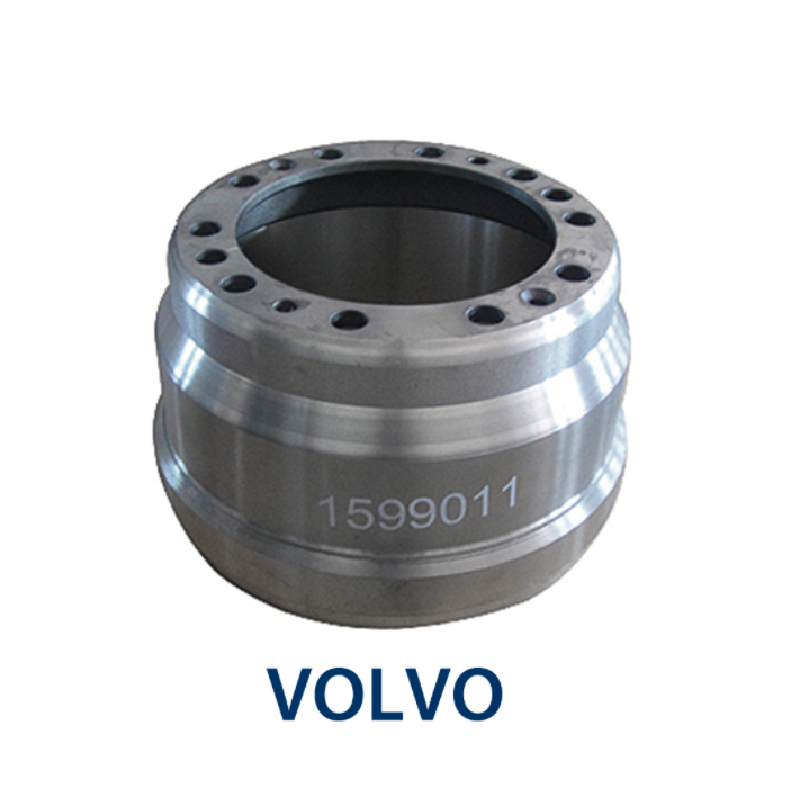Sep . 19, 2024 15:08 Back to list
can brake drums cause vibration
Can Brake Drums Cause Vibration?
When it comes to vehicle maintenance and performance, the braking system often takes center stage. Among its various components, brake drums play a crucial role in ensuring smooth and safe stops. However, drivers sometimes notice vibrations when applying the brakes, leading to a common question can brake drums cause vibration? The answer is a resounding yes, and understanding how and why this occurs can be important for anyone looking to maintain their vehicle properly.
Brake drums are a key part of drum brake systems, which use friction to slow down or stop a vehicle. They consist of a cylindrical metal shell that rotates with the wheel and brake shoes that expand against the inner surface to create friction. While this system is effective, several factors can lead to vibrations during braking.
One of the primary causes of vibration is an imbalance or warping of the brake drum. Over time, due to heat generated during braking, brake drums can become warped. This warping can cause uneven surfaces that disrupt the smooth operation of the braking system. When the brake shoes make contact with the uneven surface of a warped drum, the resulting friction can cause the vehicle to shake or vibrate, especially at certain speeds.
Another contributing factor can be the condition of the brake shoes themselves. If the shoes are worn unevenly or if they are improperly installed, they may not make consistent contact with the drum. This inconsistency can amplify vibrations when the brakes are applied. Furthermore, if there is any debris or contaminants on the brake drum, such as oil, grease, or dirt, it can also lead to vibrations as the drum rotates.
can brake drums cause vibration

In addition to worn components, brake drum vibrations can also be the result of poor wheel alignment or imbalance. Misaligned wheels can cause uneven wear on the brake components, leading to vibrations during braking. Similarly, if the tires are not balanced correctly, they can create a shaking sensation that may be mistaken for brake-related issues.
To diagnose brake drum vibrations, it is crucial to pay attention to when the vibrations occur. If they happen only during braking, it is likely related to the brakes themselves, including the drums and shoes. Conversely, if vibrations are present at all speeds, it may indicate a broader issue, such as suspension problems or wheel alignment.
In addressing these vibrations, regular maintenance is key. Inspecting and replacing worn brake drums and shoes, ensuring proper installation, and keeping the braking system clean from contaminants can all contribute to smoother operation. Additionally, having the wheels aligned and balanced by a professional can prevent vibrations caused by these issues.
In conclusion, brake drums can indeed cause vibrations, primarily due to warping, wear, and improper installation. Regular maintenance and prompt attention to any warning signs of vibration can help ensure the braking system functions effectively, providing a safer driving experience. Vehicle owners should not ignore any unusual shaking or vibrations, as they can indicate underlying issues that may compromise vehicle safety. A proactive approach to brake system maintenance can help mitigate these problems and keep both drivers and passengers safe on the road.
-
HINO Industrial Efficiency-Jiangsu Hino Industrial|Productivity Optimization&Cost Reduction
NewsJul.12,2025
-
HINO-¡Ң���ຽ��е��������˾|Advanced Industrial Solutions&Energy Efficiency
NewsJul.12,2025
-
Premium Brake Drum Iveco – Durable Drum Brake Drum & Brake Shoe Solutions
NewsJul.08,2025
-
High-Performance Brake Drum Liza for Enhanced Safety Reliable Drum Brake Drum & Brake Shoe Solutions
NewsJul.08,2025
-
High-Quality Brake Drum MAZ – Durable Drum Brake Drum & Brake Drum and Brake Shoe for Optimal Performance
NewsJul.07,2025
-
High-Quality Brake Drum Kamaz for Reliable Performance Durable Drum Brake Drum & Brake Shoes
NewsJul.07,2025
